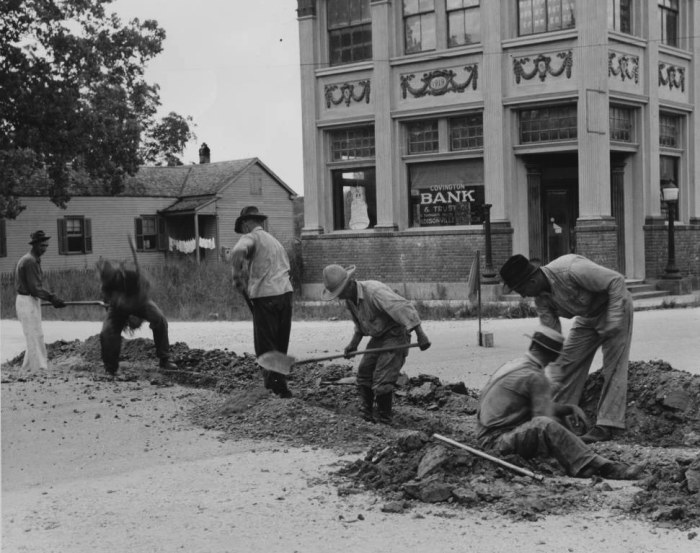Ira Lacher: For years, America has debated the need for some form of mandatory national service that does not necessarily include the military. The need is clear now. -promoted by Laura Belin
After 9/11, our leaders determined that a public agency was necessary to prevent further acts of terrorism on passenger airlines, and the Transportation Security Administration was born, as part of the new Department of Homeland Security. Now, everyone who travels has become accustomed to these uniformed “wanders at airports,” as per many a crossword puzzle clue.
The TSA employs about 50,000 officers at nearly 450 airports. And regardless of how much of a pain you consider them, most of us would agree that they bring uniformity to a necessary function: assuring that airline travel remains terrorist-free.
Contrast this with how America has been dealing with the novel coronavirus (COVID-19) crisis. It’s been every state for itself, thanks to the ratings-obsessed liar-in-chief who moronically declared that the federal government is “not a shipping clerk” and that states were responsible for procuring their own emergency supplies such as masks, ventilators, and other vital health care equipment. That is pitting every state and nearly every large city and suburb against one another, which has led to a souring of Americans’ trust in the federal government to handle this catastrophe.
This wasn’t the first time the federal government has royally botched the aftermath of a disaster. All we need to do is look at hurricanes Katrina, Ike, and Sandy. And it’s not all Trump’s fault. America just doesn’t have the mechanism to mount a unified, comprehensive response to something on even a regional much less a national scale.
As events have shown, many communities have sorrowfully few health care workers and facilities. Most are clustered in communities of considerable size, leaving millions of Americans without necessary service.
America needs a National Health Corps. This would be a civilian service reporting to the Secretary of Health and Human Services. Rivaling the person-power of our current military (about 2.2 million), its chain-of-command structure and some of its powers, this peacetime agency would have various functions:
For years, America has debated the need for some form of mandatory national service that does not necessarily include the military. The need is clear now. Many of our communities are woefully unprepared to deal with COVID-19, and unless something changes drastically, they will be just as unprepared to deal with the next pandemic. Further, the prospect of increased disastrous weather resulting from climate catastrophe will stretch thin those resources.
Avoiding a military draft is logical: Americans have determined that an all-volunteer military is sufficient to take on traditional belligerency. The discriminatory nature of the draft during the Vietnam era soured most Americans’ taste to continue military conscription. But while we may feel confident to deal with military hostilities, it is clear that we are not prepared, as a nation or its components, to deal with nature’s wrath.
A National Health Corps, however, would help change this. And it would be incredibly popular.
First of all, as Depression-era agencies did, it would provide employment for millions. But it also would reinstill a patriotism that too many of us feel has drifted away. Mothers and fathers wouldn’t see off their children to kill enemy soldiers but to engage in a unified, patriotic effort to save fellow Americans.
How proud would we be to salute our friends and neighbors wearing the uniform of our country — not with rifles at their sides but with stethoscopes! And instead of gold stars in windows evoking sympathy, they would bring about smiles. Because we would know there was someone in that household doing good for America.
As the economy reels from COVID-19, tens of millions of Americans have lost their jobs; millions more will lose them in the next weeks and months. During the last Great Depression, the Works Progress Administration (WPA) and the Civilian Conservation Corps (CCC) provided the unemployed with jobs rebuilding roads, bridges, buildings and natural areas. Not only would a National Health Corps accomplish that but also would provide the people-power and the resources America will need to get us through COVID-19 — and the pandemics to come.
Top image: Works Progress Administration workers laying a water main in Madisonville, Louisiana in 1937. Unnamed WPA photographer, available via Wikimedia Commons.

